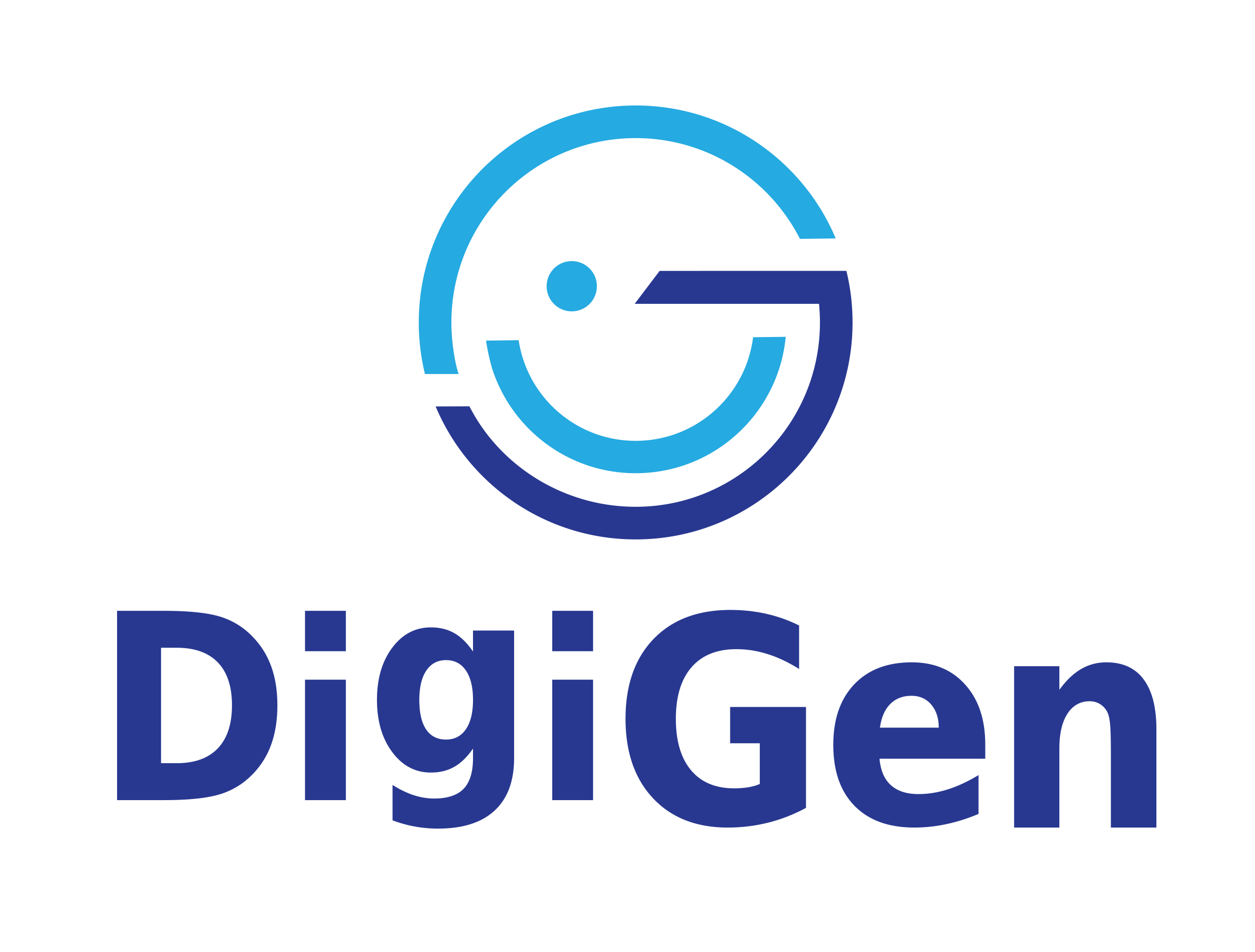By Nienke Broekstra, project and advocacy officer at COFACE Families Europe
It is a well-known fact that children and young people increasingly use digital devices in their daily lives. Digital devices are used for entertainment, school, and societal engagement. But what do we know about the impact of digital technology on children and young people? Over the past years, more and more research has been conducted on the effects of digitalisation, creating a wealth of literature. The DigiGen working paper ICT usage across Europe provides a literature review focused around the four domains of the DigiGen project: family, leisure time, education and civic participation.
The literature review shows the complex role of digitalisation and its ubiquity in children and young people’s lives. Yet, experiences of ICT use differ widely across Europe as well as between children with different backgrounds. Existing research shows that children and young people’s background characteristics, such as their access to ICT or general socioeconomic status, influence their digital skills and practices. With increased access to ICT therefore comes the necessity to support the digital generation and focus on increasing digital skills across the board in order to avoid a widening of the digital divide.
The paper demonstrates a multitude of risks and online safety issues that are of importance to both children and their parents. However, the consequences of children and young people’s engagement with digital technologies are complex. Whether the overall impact of ICT use on, for example, family life is positive or negative depends on the combination of digital behaviours families implement in their daily lives.
The online risks and challenges children and young people face should be addressed by considering the shared responsibility of government, education, families, and businesses to reduce inequality and protect children in the digital environment and by taking their different circumstances into account. Nevertheless, adequate parental mediation and essential digital competencies can help mitigate the adverse effects of one’s online activities. For example, using ICT together with family members can be a springboard for conversations regarding sensitive topics and strengthen children’s resilience. Digital technologies can offer joint family activities which support family cohesion, assist the creation and maintenance of new and existing relationships, and help children develop their identity and skills.
Some of the research reviewed in the paper refers to the fact that digital competencies have increasingly become a focus of school efforts in recent years. ICT availability is deemed essential in order to support students’ ICT skills and the use of ICT in education seems to have beneficial effects on teaching by increasing students’ motivation and academic performance. However, surveys have shown that there are big differences across Europe when it comes to ICT infrastructure available at school.
Another point that is presented in the DigiGen literature review, is that there is little clear-cut evidence of the negative effect of screen time on children and young people’s well-being. Some studies show that there is a correlation but there is a need to move beyond the focus on screen time and focus on the quality of the screen time, namely what children are doing when they are online to gain more understanding of the effects of digitalisation. Moreover, although there are legitimate concerns about the specific risks related to spending time online, the paper notes a study that finds that most online behaviours and threats to well-being are mirrored in the offline world.
Access and ability to use ICT have been shown to enhance social inclusion on multiple levels. ICT use is a big part of children and young people’s leisure time today and it allows to connect with society and increases social opportunities. ICT usage also tends to enhance young people’s online civic participation and awareness of social issues which is interesting given the general trend that points to a decrease of young people’s engagement in mainstream politics.
The DigiGen working paper shows that there is a wide variety of literature available on specific aspects of digital technology and its impact on children and young people. However, it also identifies areas that require further research. Some topics have not been sufficiently explored or seem to be only supported by older studies. More light should be shed on the complexity of the effects of digital technologies. This includes the need to further explore the growing fusion of physical and digital space. Another avenue for further research would be to look at the role of social media on civic participation and active citizenship to better understand how to strengthen young people’s political participation and engagement with democratic life in Europe.
The complete working paper ICT usage across Europe is freely available here and includes an overview of existing data bases in relation to ICT and the extent to which such data allows the analysis of at-risk groups among children and youth.

